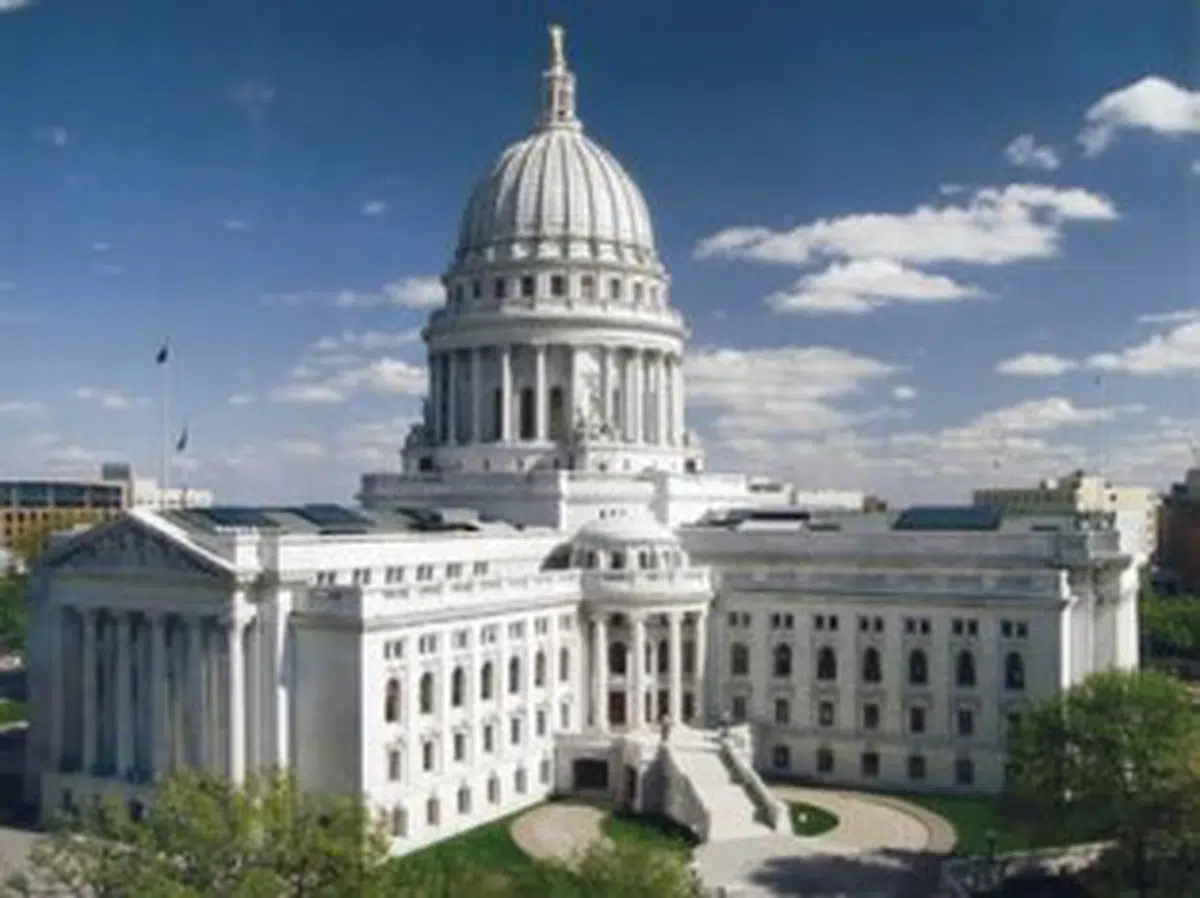MADISON, WI (WTAQ-WLUK) — $1.3 billion in tax cuts is being included in the Joint Finance Committee’s version of the next Wisconsin budget.
One group of people that was a major priority for Republicans was retirees 67 years and older. Under this motion, they wouldn’t have to pay taxes on up to $24,000 of retirement income from 401(K)s, IRAs and pensions.
“We’ve done all these things to make it a great place to live and work and raise a family. I want it to be also a great place for those people that have worked so hard to make all that happen, to stay and watch their grandkids grow up,” said State Rep. Mark Born, R-Beaver Dam, who is co-chair of the Joint Finance Committee.
Additionally, income tax relief would benefit some filers under the approved plan.
The approved motion would also expand the amount of taxable income in the second bracket, making the qualifying maximum income $67,300 for married-joint filers. For single filers, the bracket would be capped at $50,480.
That would reduce income tax collections over the next two years by more than $640 million.
Currently, the second bracket taxes 4.4% of income for married couples that earn between $19,090 and $38,190 each year. For single filers, it’s between $14,320 and $28,640.
The motion was approved 12-4 during the Joint Finance Committee’s budget session last Thursday, along a party-line vote.
“It’s good tax policy. This isn’t a high-income oriented kind of thing. It just helps a lot of average people in the state of Wisconsin,” said State Sen. Howard Marklein, R-Spring Green, the fellow co-chair of the committee.
Democrats have previously said they’re open to tax cuts that favor some people.
“Middle class tax cuts. Democrats are certainly not opposed to tax cuts,” said State Rep. Lee Snodgrass, D-Appleton. “But people have to understand that when we invest in a budget, we are investing in the people of Wisconsin and we need to make sure that this budget is people-forward.”
During discussion of the Republican’s budget motion Thursday, Joint Finance Democrats again echoed concerns over what they believe is a lack of support for schools — adding that has an impact on property taxes.
“They [schools] have had to go to referendums across the state, and we think that’s impacting property owners,” said State Rep. Tip McGuire, D-Kenosha. “We believe that that’s a good place to invest our dollars. But also to invest it in a way, like I said, that double whammy, right? Where you get both money for schools and you get a little money for tax relief.”
The Joint Finance Committee will hold another budget session Tuesday, in which they will take up items such as the Department of Corrections and the Universities of Wisconsin.


